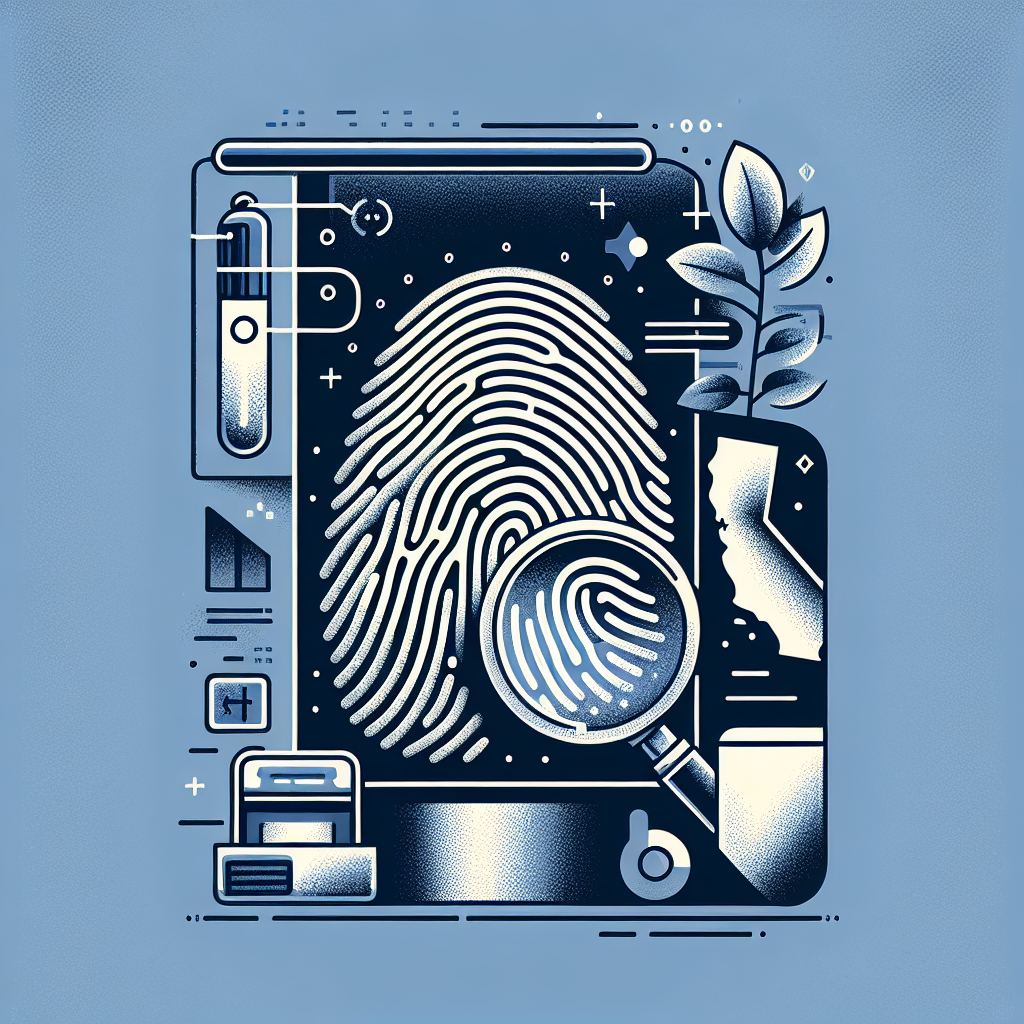“`html
Live Scan Fingerprinting: Understanding California’s Standards
Introduction
Live Scan fingerprinting is a modern way to do background checks by turning fingerprints into digital files. In California, Live Scan is very important in many areas since it helps make sure people are who they say they are. This blog post will teach you about how Live Scan fingerprinting works in California and why it is so important for keeping people safe and following rules in the state.
What is Live Scan Fingerprinting?
Live Scan fingerprinting is a way to take fingerprints by using a digital scanner. It sends the prints to the Department of Justice (DOJ) for background checks. Unlike old ways where you had to press your fingers on an ink pad and then on paper, Live Scan is quick and very accurate. People prefer Live Scan as it makes fewer mistakes and it’s much faster than using ink and paper.
The Importance of Live Scan Fingerprinting in California
In California, there are rules that say Live Scan fingerprinting must be used in many jobs for background checks. These rules are there to keep everyone safe. Jobs in schools, hospitals, police departments, and other places that need special permissions require these checks. By doing Live Scans, we can stop people with bad criminal records from getting important jobs that need to be safe. This helps protect our communities.
Understanding California’s Standards for Live Scan
California has strict rules for how Live Scan works, and the DOJ makes sure everything is done right. They have guidelines that everyone who does Live Scans must follow to keep the fingerprints safe and accurate. They also check on Live Scan providers to make sure they are doing what they need to do and keeping everyone’s information private and safe.
The Live Scan Process in California
If you need to get a Live Scan fingerprint done in California, here’s what you’ll have to do:
- Finding an Authorized Service Provider: First, find a Live Scan service provider that the DOJ approves.
- Completing Required Forms: Fill out the necessary forms before your appointment.
- The Fingerprinting Process: A trained person will use a digital scanner to take your fingerprints.
The cost for a Live Scan is usually between $20 to $30, depending on where you go. After you’re done, you can expect to get the results back in a few days or maybe a couple of weeks.
Tips for a Successful Live Scan Experience
To make sure you have a good experience with Live Scan, you should:
- Be ready for your appointment by having all the right IDs and papers.
- Make sure your forms are filled out correctly.
- If there is something wrong with your report, contact the DOJ quickly to fix it.
Maintaining Privacy and Security in Live Scan Fingerprinting
California cares a lot about keeping your information safe when you do a Live Scan. The state has rules to make sure no one can access your personal data without permission. You have the right to know about your fingerprint data and will be notified if there is a data breach. If you are worried about your privacy, you can report it to the DOJ right away.
Conclusion
Knowing the rules and steps for Live Scan fingerprinting in California is important for being safe and following the law. By following these rules, not only do you keep yourself safe, but you also help people feel more confident in jobs that need background checks. If you need help or have questions about Live Scan procedures, there are services and resources to assist you through the process.
Additional Resources
- For detailed information, visit the California DOJ website.
- A list of approved Live Scan providers can be found here.
- Check the FAQs about Live Scan for quick answers to your questions.
Call to Action
Looking for a trusted Live Scan service provider? We invite you to visit Tags Clinic at 3845 University Ave, San Diego, CA or call us at 619-777-9046. Check out our website at tagsclinic.com for more information. We look forward to serving your needs in a friendly, professional manner.
“`

Leave a Reply